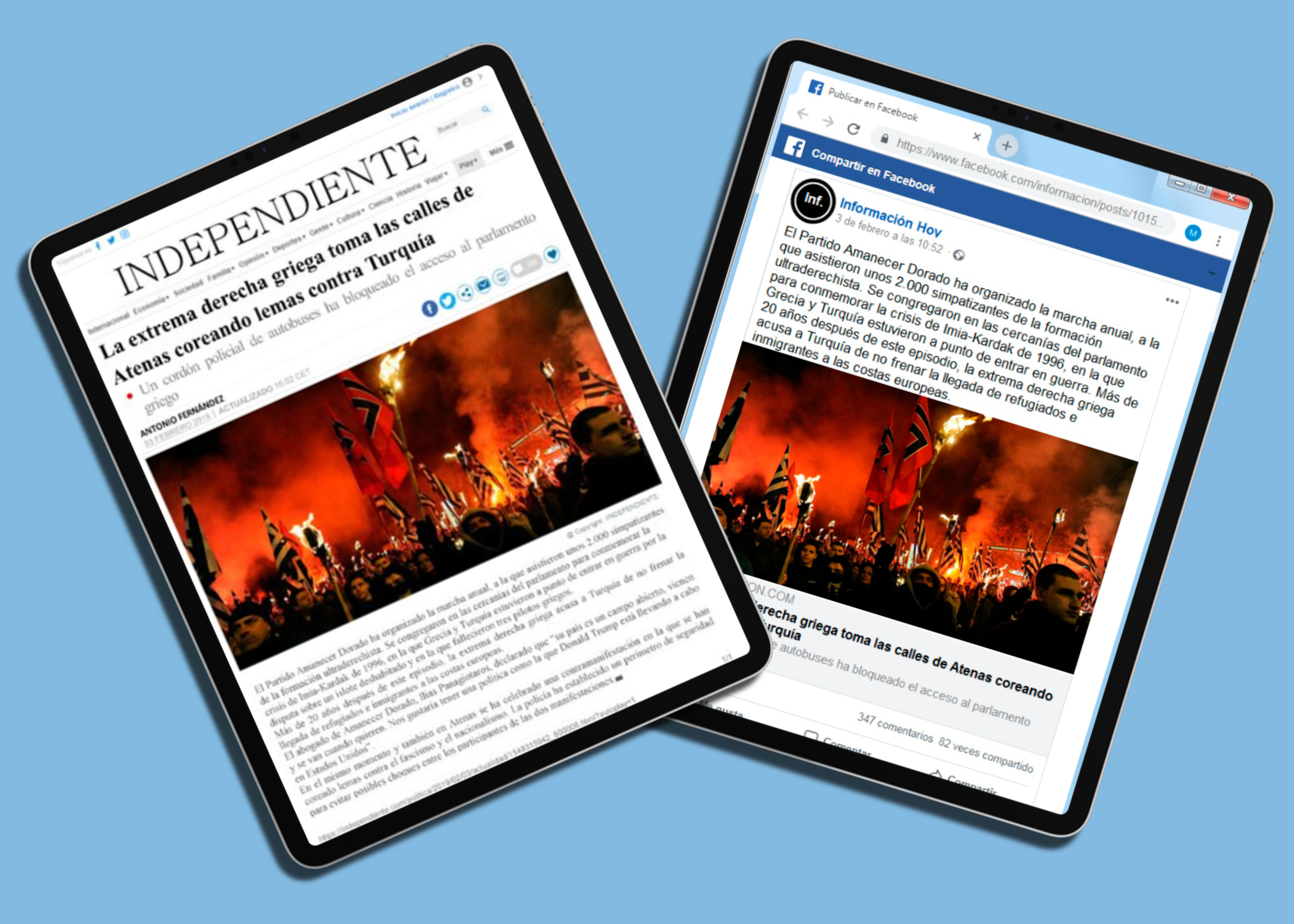New article focused on informative credibility and new media published on Social Sciences
New article focused on informative credibility and new media published on Social Sciences
This article examines how citizens assess the credibility of political information based on the digital format in which they receive the information.
18.05.2021
The journal Social Sciences, in the Special Issue "Journalism and Politics: New Influences and Dynamics in the Social Media Era" edited by Andreu Casero-Ripollés includes the academic article: Credibility of Digital Political News in Spain: Comparison between Traditional Media and Social Media, written by Reinald Besalú and Carles Pont-Sorribes, deputy director and director of the Chair, respectively.
In the article in question, the results obtained through the report of the Chair are analyzed: "Analysis of the credibility of political information in the digital environment."
The article studies how Spaniards evaluate the credibility of political information based on the digital format in which this information is presented to them and the probabilities that they will share that content. 4 typologies of formats were evaluated: digital written press, television, Facebook or WhatsApp. Through a sample of 1,669 individuals from Spain representing the variables sex, age and province of origin, it is concluded that the news presented with traditional media are those that have a higher informative credibility. Instead, the credibility of the information presented on social media remains at lower levels. In measuring the likelihood of sharing that information, the same patterns are met, in that information from a traditional medium is more likely to be shared than those from a social network.

Image 1. Example of used formats.
| - These article can be consult here: “Credibility of Digital Political News in Spain: Comparison between Traditional Media and Social Media”. |